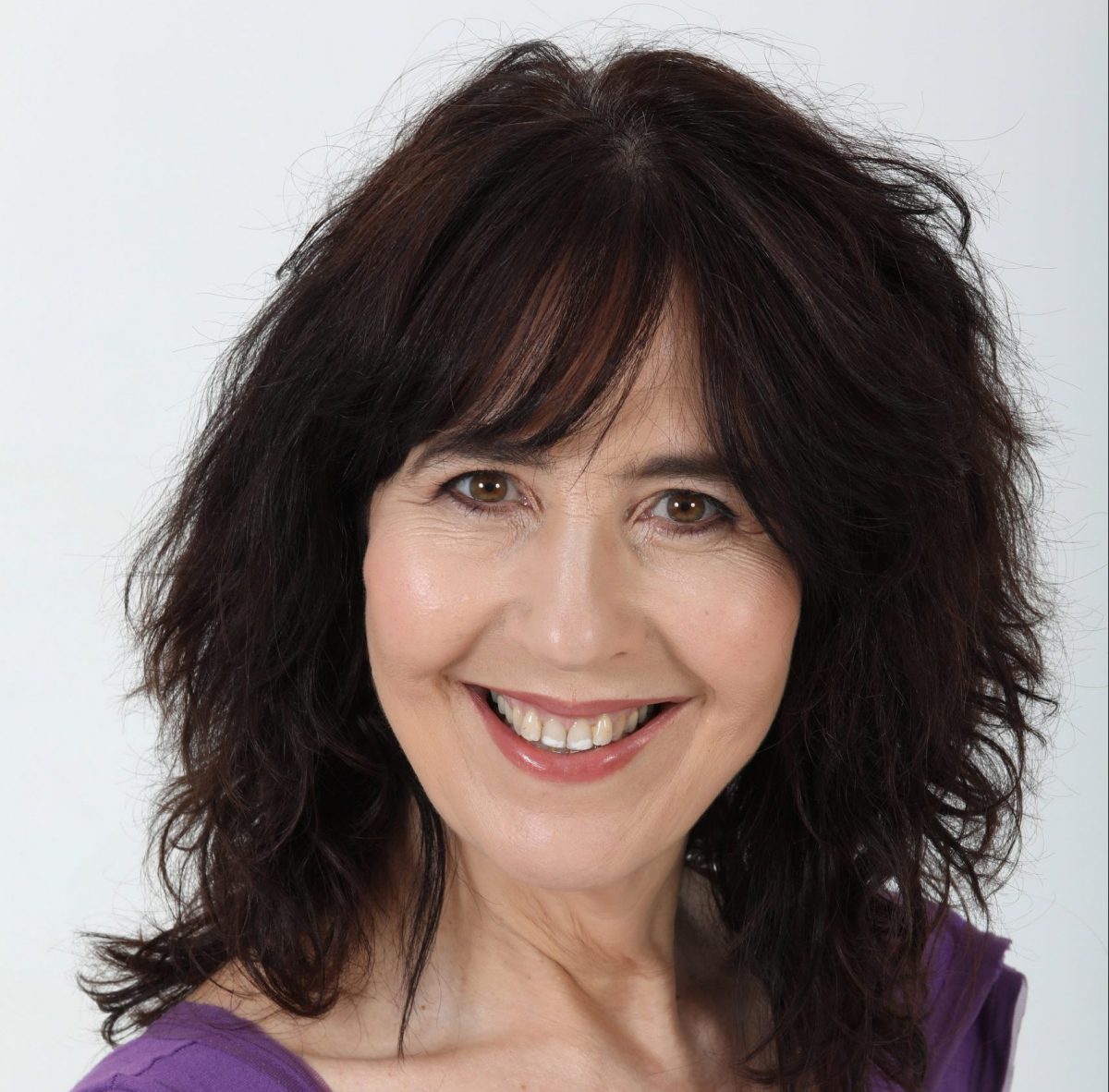click to dowload our latest edition
CLICK HERE TO SUBSCRIBE TO OUR NEWSLETTER


Published
3 years agoon
Our newspaper last week was described by some as “depressing”, and they had good reason to do so. While we paid tribute to our paramedic heroes, there was much illness and death in the newspaper.
We thought long and hard about giving you a newspaper that was so sad when we were all feeling a little down in the dumps thanks to the second phase of this horrific killer virus and the extended lockdown. Should we have scoured our community for more positivity and happy stories? Well, we did, but didn’t find much at all.
The truth is, we painted an accurate picture in the newspaper of what was relevant in the week. We did our best to capture what was in the ether and what people were experiencing. Unfortunately, it wasn’t uplifting or happy!
However, it was a week in which we recognised the heroes in our midst. Those heroes are visible. So many of us have met them and paid tribute to them personally. In fact, I wonder how many have added their monthly contribution to Hatzolah and the Community Security Organisation in the last while because of personal experience with these superheroes. I understand why. They are brave, talented, attentive, and go way beyond the call of duty.
However, they aren’t alone. There are many more heroes in our midst, but we don’t always see them. And if we do, sometimes we look right through them when they are standing right next to us.
These heroes don’t wear dashing uniforms and don’t perform life-saving miracles. They do the work that most of us wouldn’t do even if you paid us lots of money. This could be a description of many different heroes in our community and hopefully down the line, we will salute all of them.
However, in this case, I’m referring to those unsung heroes from the Chevrah Kadisha who deal with dead bodies, funerals, burials, and all that unpleasant but vital work to do with death.
They are the people who, with absolute integrity and kindness, fetch our loved ones after they are gone. They take them away and prepare their bodies for burial. They then put them in coffins and prepare the graves. Then they help with the funeral, doing the work that most people prefer not to see. They ensure that our funerals and burials run smoothly and efficiently.
Perhaps you recognise them, even know their names, but do you ever think about what they do for us?
Throughout the pandemic, these heroes have been worked off their feet. In some weeks, they have had to work around the clock. With fewer people at funerals, I guess their work is even harder because they have less help on the ground.
They are the silent helpers who make the saddest and most grief-stricken times of our lives so much easier.
This week, we meet some of these men and find out a little about what they do, how they do it, and why. We pay tribute to them on page 4.
This week, as our first batch of vaccinations arrive in South Africa, we asked the most prominent expert in the field, Professor Barry Schoub, what this means for us (on this page). We also look at what vaccinations have achieved in Israel, a country that has vaccinated the highest percentage of people in the world.
We ponder the fact that while vaccines may help us medically, we still have to deal with the psychological impact of this pandemic.
I don’t think most of us are aware how much grief and sadness and in many cases sheer loneliness we’ve had to deal with. There has been much anger, frustration, and so many other emotions that weren’t necessarily as profound before COVID-19 as they are now.
These emotions fluctuate, and may not have an impact on everyone, but most of us have to deal with them in some way or another.
In some cases, they have made us more insular, quick to anger, supercritical, and constantly looking for an individual or group to blame for how we feel.
This is the reality! It’s because of the time we are living in and the insecurity of not knowing what’s going to happen next. We have to live without knowing what to expect tomorrow, next week, or in six months’ time.
We don’t know whether our children, most of whom went back to school physically this week, will still be there next week or next month. Or will they have to deal with another iteration of online learning? Are we to expect a third wave of COVID-19? And if so, what will its impact be on us? Will we be able to go to the beach this December?
Will we continue to work from home? Will we be able to have some semblance of family Pesach seders this year, or will we be alone again?
This is a difficult time, and even though it’s never easy to deal with people blaming you or finding fault, it would be incredible if we could all dig deep and find tolerance and understanding in ourselves.
We should also apply that tolerance and understanding to ourselves. If you are having a horrible day, week, or extended period, you don’t have to be hard on yourself. It’s okay. This too shall pass.
Let’s all find something special to look forward to. Something that will make us smile, laugh, and find enjoyment.
I wish you all a beautiful Shabbos, one that can now legally include going to shul, having a glass of wine, and being out until 23:00. You see, we do have something to be positive about.
Shabbat Shalom!
